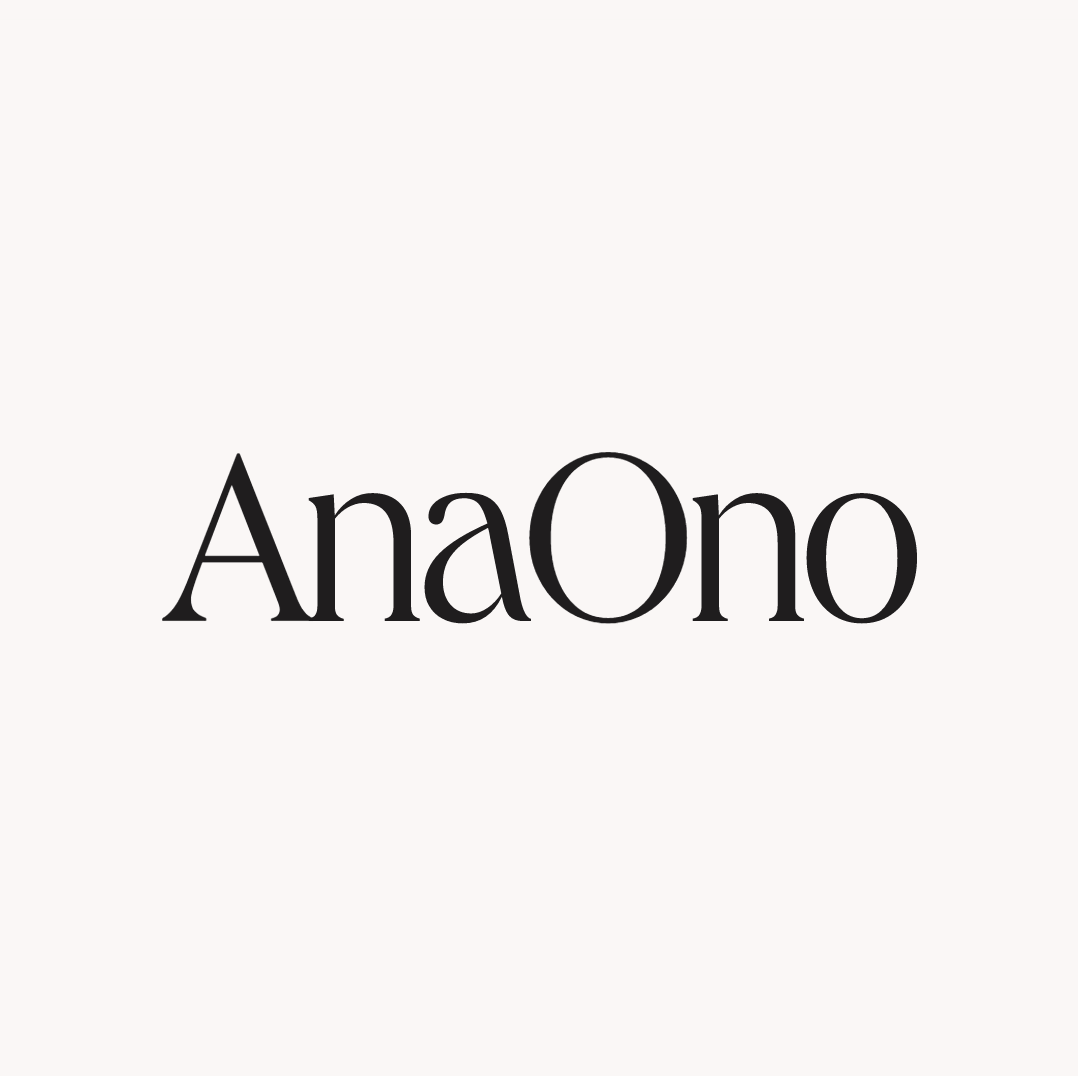After surviving breast cancer, Dana Donofree used her experience to launch a bra company for others like her, who want to feel sexy and feminine again.
BY ANNIE MCDONOUGH of THE PHILADELPHIA CITIZEN
Before Dana Donofree was diagnosed with breast cancer at 27, she never could have predicted just how much the ubiquitous disease would strip away from her.
At the time, Donofree was a designer for Goldbug, a children’s accessories company in Denver. She was getting ready to be married, and had built a career in fashion, the industry she had pursued since college. She was doing what all twenty-somethings want to be doing—building a life. She felt physically strong, and healthy, and at her best. Until, that is, she didn’t.
In 2010, Donofree learned she had Infiltrative Ductal Carcinoma, which would eventually require a bilateral mastectomy with implant reconstruction. Like anyone else diagnosed with cancer, Donofree endured all of the pains, burdens, costs and trauma that come with the disease and its treatment. What no one had told her, however, was that finishing treatment and having reconstructive breast surgery did not mean going back to normal.
Instead, she discovered that despite surgery meant to replace her “natural” breasts, none of her old bras fit. While her surgically-developed breasts looked the same on the outside, they were fundamentally different; they felt like rocks, and didn’t move. “That’s when I realized that my body had changed, and it had changed for ever,” Donofree recalls. The realization threw her into a depression.
“I get a lot of energy and insight into these women’s lives about how they stand a bit taller, how they feel sexier with their partner, how they just feel better about themselves, how they’re not in physical pain—or just how much they realized that they were in pain and now they’re not,” Donofree says.
Donofree wasn’t free to lounge around in her living room in comfortable clothes all the time. She had to keep working, but found it increasingly difficult to hide her “hot pink sports bra” under business attire at important client meetings. About a year after surgery, Donofree realized that if she couldn’t feel beautiful or confident or sexy in her own skin, then she probably wasn’t the only breast cancer survivor who felt that way.
“Just because I had cancer didn’t mean that I shouldn’t feel sexy, or shouldn’t feel feminine,” she says. “Cancer strips a lot away from you, and I wasn’t going to allow it take that away from me too.”
That’s when Donofree—who moved to Philly with her husband in 2011—started working on the idea that would become AnaOno, her line of lingerie and loungewear designed specifically for women who have undergone breast reconstruction. (The name is from the beginning of her own, minus the—wink wink—“DD”.) From its launch in 2014, with 137 customers, the Philly-based company has grown to serve over 2,500 women across the country, mostly online.
It took three years for Donofree to develop, design and fund AnaOno, all while working as VP for Development at Goldbug. She saved up every extra penny to pay for her products, then won a $10,000 award each from the FedEx Small Business Grant Contest and Intuit’s Small Business Big Game Contest, which helped propel the company beyond an out-of-pocket venture. She is now halfway through a $600,000 venture capital seed round.
Donofree made the tough decision to resign from her job in February 2015—giving up her “safety net”—in order to focus all her time on AnaOno. It’s a good thing she did, because the next month, the Today Show came calling.
“It totally changed the game,” she says of the Today Show, which featured an article about Donofree on its website. “It allowed us to reach more women stateside, and around the world, and let them know there was not an attractive alternative option to the traditional, utilitarian, mastectomy apparel available to date.”
AnaOno bras are designed without underwires, incorporating four-way stretch, hidden seams, and gentle materials to avoid pain points. Some are lacy, some are sporty, and some feature front zippers, so that women don’t exacerbate post-surgery soreness by trying to reach over their heads or behind their backs to get dressed. Bras are also available for those who haven’t had any reconstruction because, as Donofree points out, just because a women doesn’t have breasts anymore, it doesn’t mean they won’t still want to feel sexy in a bra.
AnaOno also sells loungewear, including a soft bathrobe and a romper that can transition from a day on the couch to a night out. Both pieces can be bought with detachable drain pouches for post-surgery recovery. And customers can also shop based on where they are in their treatment. AnaOno’s website offers options for radiation, bilateral reconstruction, unilateral reconstruction, unilateral without reconstruction—the list goes on.
In the past three years, the one-woman start-up has grown into a small company with a studio in Queen Village, two full-time employees, and a bevy of interns from Philadelphia’s Art Institute, the Moore College of Art and Design, and Philadelphia University. Donofree designs each piece in house, usually with the help from a few design interns. They then work together to generate patterns and first fit samples, using their own proprietary measures. Those first samples are then sent to factories in Philadelphia or Colombia, South America, to manufacture.
From its launch in 2014, with 137 customers, the Philly-based company has grown to serve over 2,500 women across the country, mostly online.
While Donofree wouldn’t share exact figures, she says that since AnaOno’s launch in 2014, they’ve more than doubled their sales each year. And for now, her client base continually grows.
Breast cancer death rates fell 1.8% on average each year between 2005 and 2014, a decline attributed to treatment advances, screening and early detection, and increased awareness. But over the last 10 years, the rates for new female breast cancer cases have been stable. And while the stereotypical patient is a middle aged or older woman—and older women are still more likely to be diagnosed—Donofree’s story is proof that cancer doesn’t discriminate.
“Our disease is not being treated equal,” she says. “It’s being marketed by major foundations that have a lot of money to spend towards the ‘pink’ movement. But building awareness is not saving lives right now.”
As a regular speaker on the cancer conference circuit, Donofree has found success spreading the word about AnaOno just by telling her story to other survivors and the newly diagnosed. But she’s had a tougher time trying to spread the word to investors—especially male investors, who might not understand why AnaOna matters. “Not only is it a heavy conversation, it’s a conversation that dudes just don’t necessarily get,” Donofree says.
Donofree says that’s because society doesn’t talk about breast cancer in the right terms. “We’re plastering a pink ribbon over it, we’re throwing on a feathery pink boa, and we’re all pretending like we’re cheerleaders, when these women’s bodies are getting mutilated in the process,” she says. “And nobody understands that part, because that’s the ugly part. That’s the scary part.”
Most of AnaOno’s sales are online, but Donofree also works with mastectomy and specialty stores that sell the line across the country, including at her Queen Village studio. Her strength is in connecting with the women who are going through the same pain and confusion she endured after surgery.
One of Donofree’s recent customers was a breast cancer survivor who was having a difficult time feeling like herself after surgery. The customer came to the AnaOno studio in Queen Village for a fitting with her husband and young daughter. “She just shared with me that she was so afraid, she had already been to the mastectomy store, she’d had a horrible experience there, she felt really awful about herself, and she was really afraid to allow herself that experience again, in the event that nothing was going to work for her,” Donofree says.
The customer went into the bathroom to try on AnaOno bras by herself, then came out to show her husband and daughter. “She’s twisting and turning, and doing a show-and-tell, and she’s smiling,” Donofree says. “She’s a totally different person than the person that walked in my front door.”
A week later, Donofree received a thank-you note from the customer. On the way home that day, her daughter told her it was the first time she’d seen her smile since she left the surgery room.
“It didn’t just mean something to her,” Donofree says. “It meant something to her entire family unit. I get a lot of energy and insight into these women’s lives about how they stand a bit taller, how they feel sexier with their partner, how they just feel better about themselves, how they’re not in physical pain—or just how much they realized that they were in pain and now they’re not.”

In AnaOno’s early days, Donofree was donating a portion of the company’s proceeds to cancer non-profits. But she realized that she’d rather make an impact more directly in people’s lives—and had the means. She kept receiving e-mails from women in the middle of their treatment who wanted a bra but couldn’t afford one, thanks to the myriad costs that come along with a cancer diagnosis. Most of the time, she just sent them a bra, free of charge. (Donofree still personally supports Metavivor, which donates 100% of its proceeds to research on treatments that work, especially for patients diagnosed with Stage IV, or metastatic, breast cancer.)
Then, at a conference of the Young Survival Coalition, Donofree met Julie Moser and Jennifer Reynolds, founders of Pink Warrior Angels, a Texas-based non-profit that connects breast cancer survivors to newly diagnosed patients, with the goal of providing financial assistance and emotional support from people who have been there. AnaOno now provides bras for those going through treatment through Pink Warrior Angels. When women donate to Pink Warrior Angels, they also get a discount on their own AnaOno purchases.
While Donofree was focused on making an impact and growing AnaOno within the breast cancer community, a surprising thing happened: Her bras found customers among women who have had open heart surgery or who have skin and nerve diseases, among trans women and women in wheelchairs. AnaOno is also “very close” to introducing plus-size options, and swimwear is a likely expansion soon, Donofree says.
As Donofree sees it, the goal is to provide longer, fuller lives to everyone diagnosed with cancer, or who needs to feel the way AnaOno makes them feel. She considers herself lucky to have found a life like that after diagnosis.
“I feel more fulfilled and happier in my life than I ever have,” she says. “If I can just make a difference in one woman’s life like that, then I’ve done my job.”










